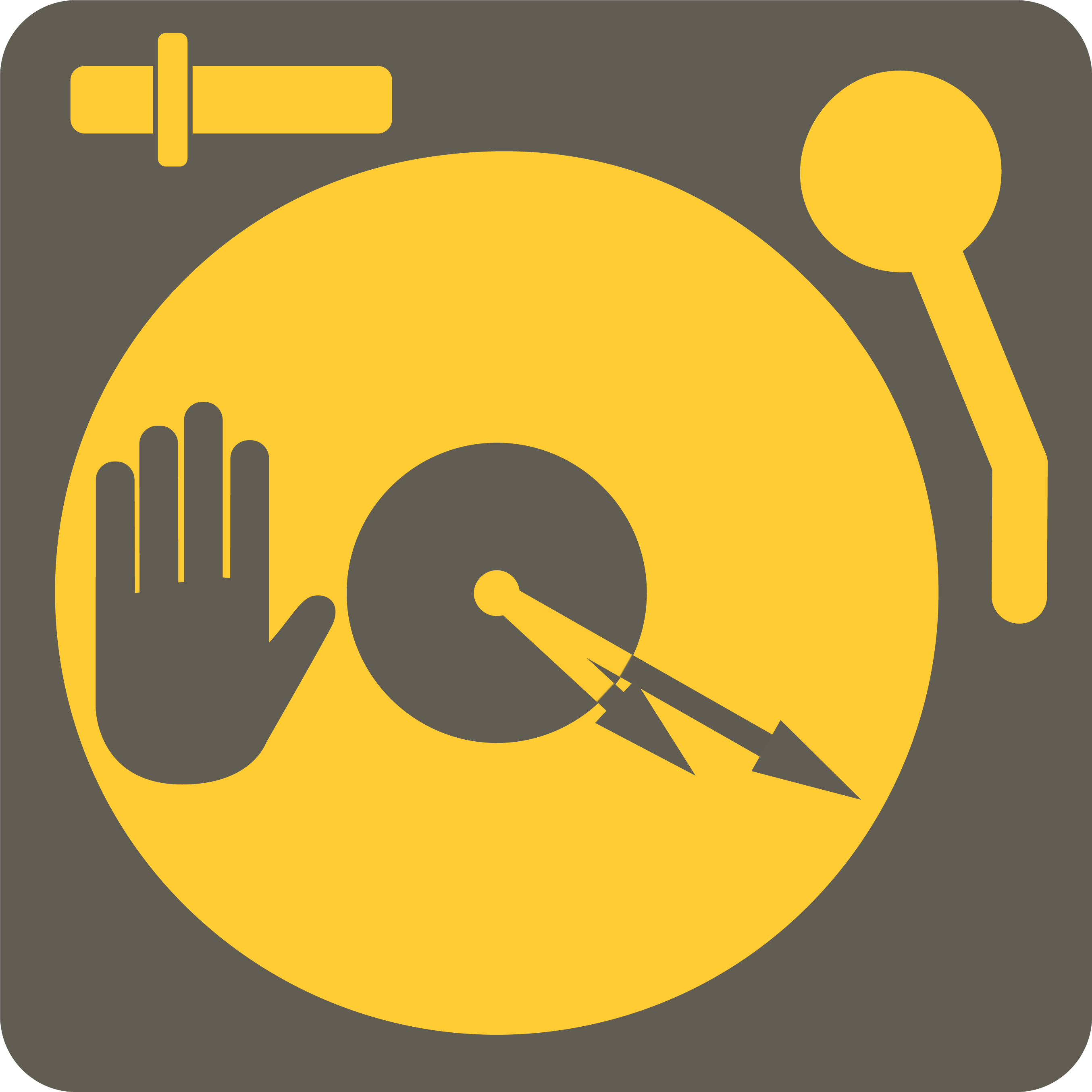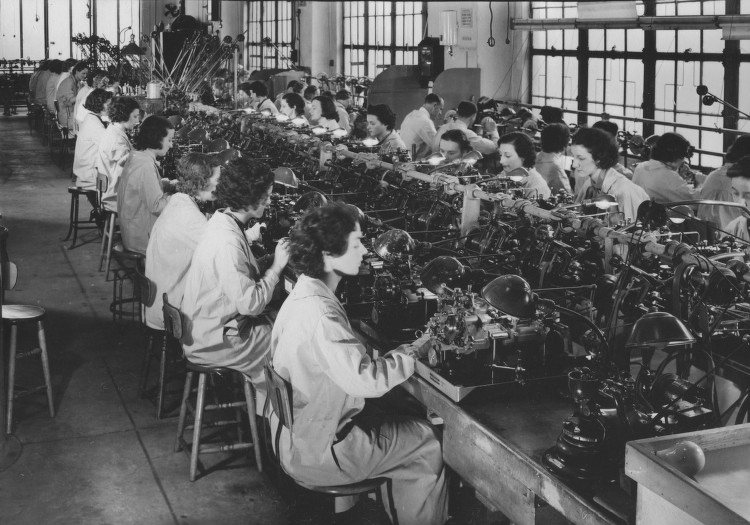Technium
2.5 million years ago, or earlier: An unknown hominin flakes the first tools out of stone cores to modify their environment (e.g., obtain and process food).
3500 BCE: Someone invents the wheel. 5500 years later, bipedalism ceases to be the main form of human locomotion.
1700: James Watt perfects the steam-powered water pump developed by Thomas Savery in 1698. The steam engine fuels the Industrial Revolution, and it precedes the engines moving the world today (e.g., planes, cars, ships).
2007: Steve Jobs presents the iPhone. Within a few years, humans worldwide carry personal computers in their pockets that are millions of times more powerful than those used to send humans to the Moon.
2012: Emmanuelle Charpentier and Jennifer Doudna discovered “CRISPR-Cas9,” an incredibly powerful and precise gene-editing tool. The doors of life engineering become wide open.
Humans have been creating and using technology since the beginning. It is an essential ingredient of what it means to be human, and it is evolving faster every day. However, Kevin Kelly (“Senior Editor” for Wired magazine), claims that we are still figuring out what technology actually is. A proof? The current term for “technology” was not invented until 1829.
Technology produces solutions to problems. It also generates new issues (e.g., waste, contamination, social isolation). However, Kelly believes that, in the long run, technology creates more possibilities for humans. In turn, this provides us with more freedom. Kelly proposes that technology is the reason why people move from the countryside to the city, where there are more people, more companies, and more innovation (more technologies). Consequently, humans living in cities have more employment opportunities, choices, and chances to develop their talents. (Or at least, it used to be like this.)
Then, there is…
…The Technium. It’s a word I’ve reluctantly coined to designate the greater sphere of technology—one that goes beyond hardware to include culture, law, social institutions, and intellectual creations of all types. In short, the Technium is anything that springs from the human mind. It includes hard technology, but much else of human creation as well. I see this extended face of technology as a whole system with its own dynamics.
Kevin Kelly
The Technium is a superorganism of technology. It is partially created and controlled by humans (the culture). It also has a life of its own. Technology evolves to better suit its function (e.g., think of a fancy pair of Nike’s vs. the pair that Ötzi was wearing 3,300 years ago). Technologies also reproduce by the combination of existing technologies. For instance, the smartphone is the recent descendant of the cellphone and the personal computer (it has the looks of one parent and the personality of the other). The Technium includes simple tools like a hammer, sophisticated ones like an iPhone, and revolutionary inventions like the wheel. It also consists of every exaptation of the human mind and manifesting in the physical or digital world (e.g., language, social rules, technology, software, and Johnny B. Goode).
I can see how the Technium has shaped my own family story in just one generation. I was born and raised in Terrassa, a town near Barcelona that grew out of a collection of farmhouses during the Industrial Revolution in the early 1900s. Both my mother’s and father’s families moved there from the countryside. Growing up, my mom had to go to the yard and kill a bird every time the family wanted chicken soup for dinner. Instead, I grew up enjoying delicious herbal-spiced roasted chicken for lunch on Sundays. It was a special treat. We would pick it up on the rostisseria around the corner. Now I live near New York City, and I can order food from almost every cuisine in the world with two taps on my phone. I get what Kevin Kelly means by having more options.
Humans drive the evolution of the Technium. In turn, the Technium drives human evolution (think of any medicine that helps babies survive into adults that can make more babies). Using the Technium, humans are creating a complex and interconnected new ecosystem. A portable ecosystem that we can bring with us to Mars. Furthermore, as artificial intelligence (AI) is becoming smarter, the Technium is becoming more human. For example, it started as a simple online search engine in 1998. Now, Google has evolved into probably the best-informed AI system that exists. With each search, we feed detailed information to Google about ourselves, and it learns. It knows where you live and work, what you like to eat, and all your dirty little secrets. Google knows you so well that it can “predict” what you want to do next. Or, should I say? It guides you in navigating your next steps through the vast ocean of choice.
Are humans and the Technium co-evolving side-by-side? Or is one of the parts evolving into the other?
Thanks to David Alba, Marc Furió, Ashley Hammond, Santiago Catalano, Nathan Thompson, and Laia Salles Diez for reading drafts of this.
Cover image shows women working at Bulova Watch in 1937 (by SMU Central University Libraries).

